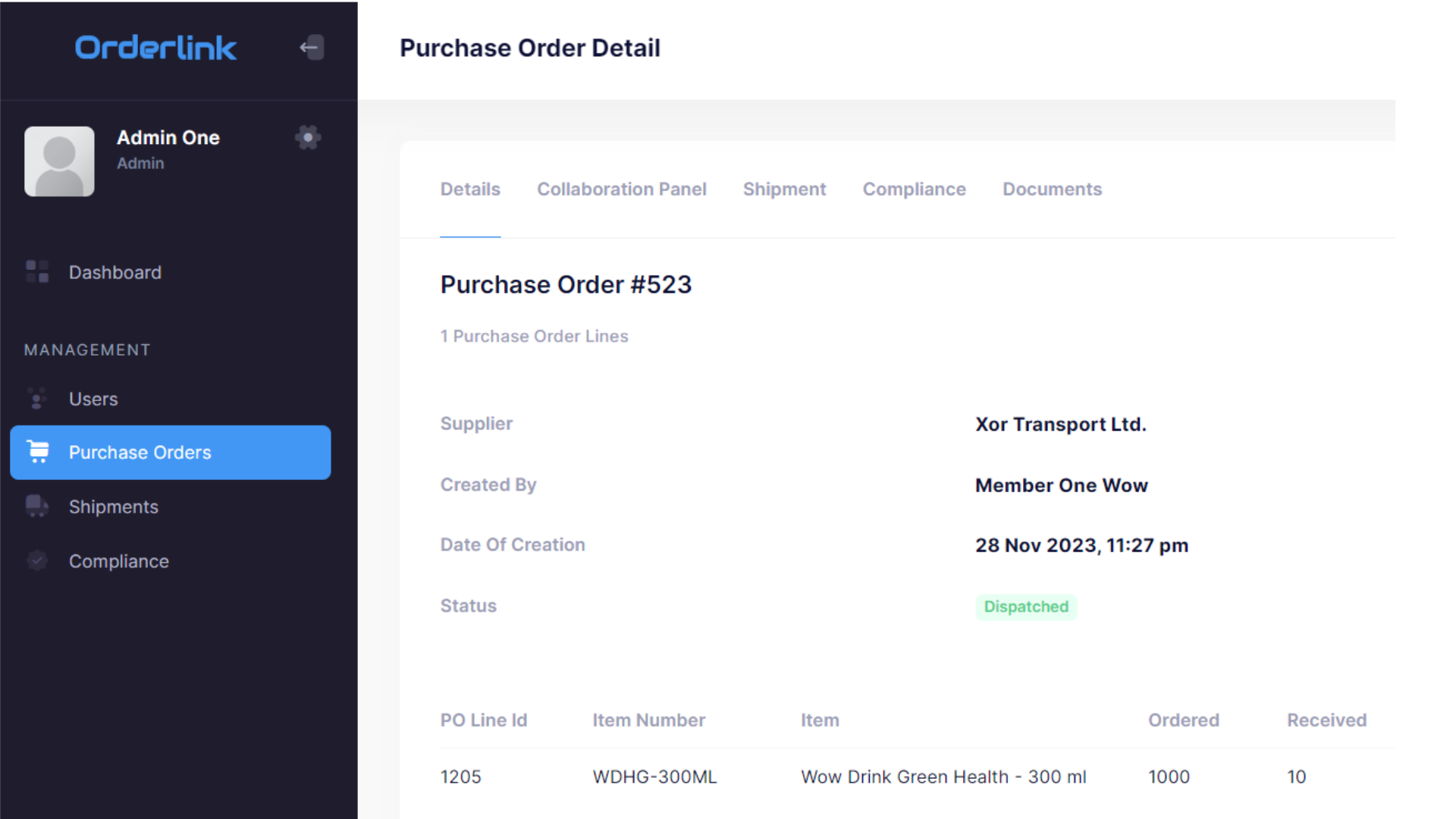Hopefully, the title of this blog has caught your attention. The article we will be summarizing today is a compelling read for supply chain professionals. This thought-provoking piece, published by Massey University, offers valuable insights into the current challenges faced by New Zealand supply chains amidst a global recession. It explores the impact of cost-cutting measures, staff culture, and the potential risks and opportunities that lie ahead. So, grab a cup of coffee and join us as we delve into this enlightening article, providing you with a broader context of the global ecosystem within which New Zealand supply chains operate."
The impact of the current recession on staff culture within companies: With a significant slowdown in demand, many businesses are implementing cost-cutting measures such as efficiency drives and employee layoffs. Consequently, employees are likely to experience burnout, feeling overwhelmed and at a higher risk of losing their positions. These factors contribute to decreased morale, lower job satisfaction, and increased employee turnover. Massey University also highlights that layoffs can erode trust between employees and managers, fostering a culture of fear and uncertainty. While you may not observe these struggles within your own business, it's important to consider that some of your supply chain partners may be facing these challenges.
Massey University warns of the significant risk of a domestic outbreak of foot and mouth disease (FMD) in New Zealand. The implications of an FMD outbreak include the halt of livestock exports and the need for significant culling. This would result in a major economic impact, including loss of export revenue, higher domestic food prices, and disruption in industries reliant on livestock. The social and emotional consequences would require support for affected farmers and businesses, as well as efforts to rebuild the livestock industry. Preventive measures and strong biosecurity protocols are crucial to avoid an FMD outbreak.
The second risk involves a potential radioactive incident at the Zaporizhzhia nuclear power plant in Russia. In such an event, contamination of raw materials and components could make them unsafe for importation. This would lead to disruptions in the supply of essential goods like food, water, medical supplies, and energy resources. To mitigate this risk, the government would need to implement rigorous testing protocols to prevent the entry of contaminated goods. Additionally, a deliberate event of this nature would generate significant geopolitical tension, further restricting trade and impacting trade relations.
The last risk I want to discuss from the Massey University article revolves around the impact of above-normal sea surface temperatures on the supply chain. These elevated temperatures can lead to disruptions in maritime transportation, extreme weather events, and challenges in refrigerated goods logistics, including perishable products such as fruits, vegetables, and pharmaceuticals. Furthermore, changes in water temperature can disrupt aquatic ecosystems, impacting fisheries and seafood supply. Addressing these challenges becomes even more crucial when considering the resulting supply chain disruptions.
The enlightening article from Massey University has provided valuable insights into the challenges faced by New Zealand supply chains amidst a global recession. From the impact on staff culture to the risks of FMD outbreaks and potential supply chain disruptions, proactive measures and strong collaboration are essential for navigating these uncertainties. So, grab another cup of coffee and apply the knowledge gained from this article to drive resilience and success in your own supply chain endeavours.
Sourced from: Massey University 2023

 Post
Post





